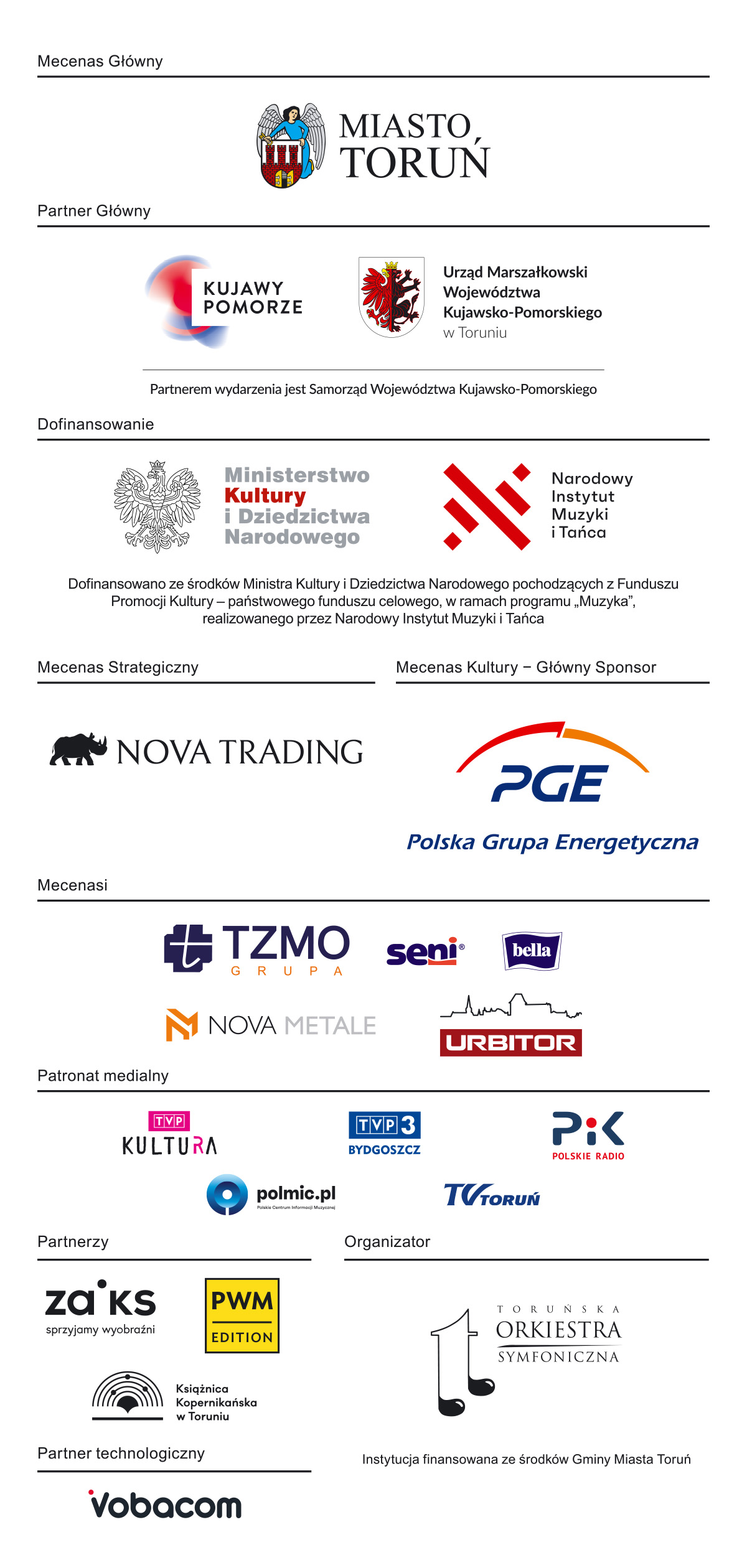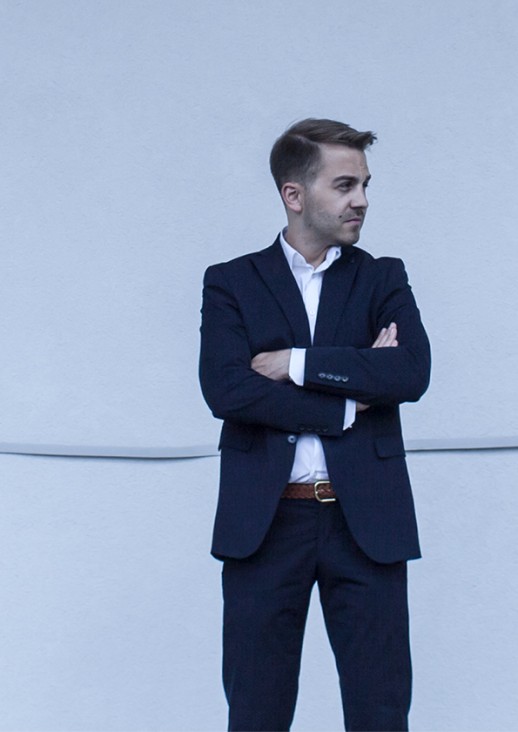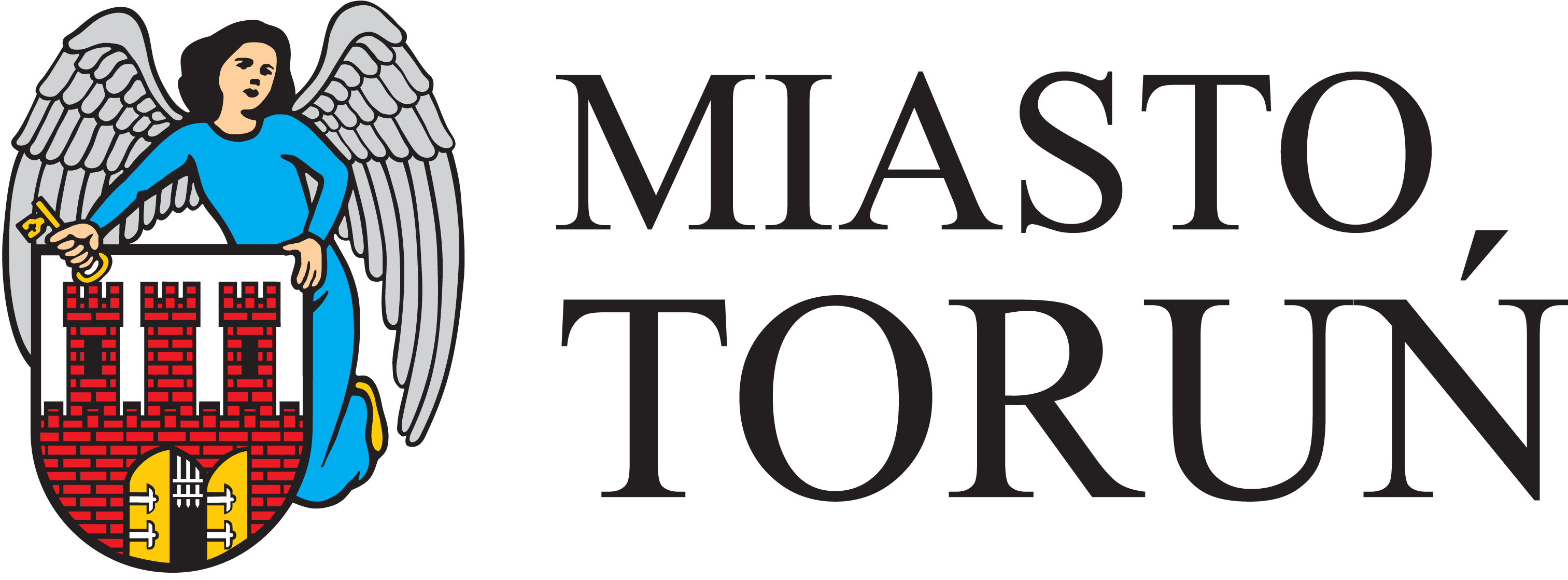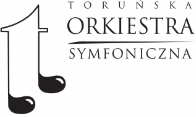Recital fortepianowy | SEROCKI #100
Koncert odbędzie się w ramach projektu SEROCKI #100
Piano recital – 4 September 2022 (Friday), at 19:00
Rehearsal Hall CKK Jordanki
Performer:
Adam Kosmieja – piano and lecturer
In the program:
K. Serocki - A piacere
K. Serocki - Sonata: Inquietamente – Veloce – Elegiaco - Barbaro
K. Serocki – The Gnomes - Miniatures for Children: Cracovienne, Kouiaviak, Mazurka, Song, Little Waltz, Lullaby, Oberek
K. Serocki - Suite of Preludes: Animato, Affettuoso, Agitato, Teneramente, Veloce, Capriccioso, Furioso
Adam Kośmieja's piano recital is a chance to return to reflections on the piano in the works of Kazimierz Sercocki - as we have already pointed out, an instrument held in particular esteem in the oeuvre of the Toruń composer. Arranged by a pianist who has decided to make a monographic recording of Serocki's solo piano compositions as part of his phonographic output, the recital offers a retrospective view of them.
A piacere, which will open Kośmieja's concert, is the last work for piano by the protagonist of this project, written in 1962 and published a year later. Seven years earlier, Serocki had written his four-movement Sonata, dedicated to Polskie Wydawnictwo Muzyczne on the occasion of its tenth anniversary. A somewhat more personal dedication was given by the author to the second edition of his Gnomes - for on the miniatures, published in 1954, there is a note that the addressee of this cycle is Maria Drzewiecka - the first, let us recall, teacher of piano to Serocki. The program concludes with the seven-movement Suite of Preludes - also a cycle of miniatures - dedicated by the author to Tadeusz Ochlewski, completed in 1952.
A piacere was written during a period when Serocki, to paraphrase the title of a segment from Iwona Lindstedt's monograph, was 'searching for an individual style'. These Propositions - for this is the subtitle of A piacere - are an attempt to use the open form of the work in solo writing, but apart from realizing a certain formal concept, they confirm Serocki's attachment to the expressive qualities of music, as evidenced by the compositions' narrative diversity. Serocki himself wrote about his concept in the program of the ‘Warsaw Autumn’ Festival, which is quoted here after the polmic.pl website, as follows:
The piece, written at the turn of 1962/63, consists of three segments, and each segment of ten structures. The method of notation allows the performer some freedom of interpretation within the set time proportions. However, the piece cannot last less than 6 minutes or more than 8 minutes. The order in which the individual structures are performed within each segment, as well as the order in which the individual segments are performed - is at the pianist's discretion.
Comparing this work to the still formally traditional Suite of Preludes, a neo-classical work that will conclude Kośmieja's recital and is the oldest composition performed during the concert, although only 10 years older than the A piacere, one sees the definite change that this decade brought to Serocki's oeuvre. However, the aspiration to create a varied, emotionally brisk narrative is a feature that these works have in common - a feature that makes it possible to identify the composer's autograph in both of them. In the Preludes, Serocki seeks to maximize the expressive content of the music in favor of reducing the form to a minimum - thus alluding to the tradition of Chopin preludes. Of course, he already employs a different set of artistic devices, if only by looking towards dodecaphony, as in Veloce, the fifth movement of the suite.
A few remarks are also due to the Gnomes. This early work, above all, is striking for its thoughtfulness and sincerity. The thoughtfulness here relates to the texture of a composition intended for adepts of the piano art - in composing the subsequent miniatures, Serocki took into account both the limitations and the opportunities for excellent performance and interpretative skills of young pianists. The sincerity, on the other hand, stems from the natural, though not free from non-classical textural solutions, composition of the dance material, as the cycle includes Waltz, Cracovienne, Kouiaviak, Mazurka and Oberek.
Karol Furtak
* Free tickets will be available in the box office in CKK Jordanki from September 1, 2022








